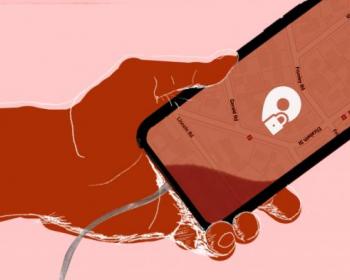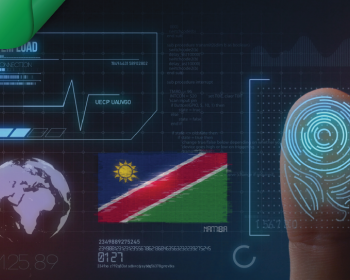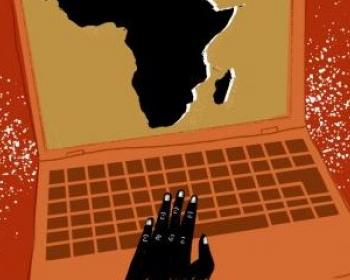Media Rights Agenda
Media Rights Agenda (MRA) was established in 1993 as an independent, non-partisan, not-for-profit, non-governmental organization for the purpose of promoting and protecting the right to freedom of expression, media freedom, access to information as well as digital rights and freedoms.
MRA’s aims and objectives are:
-
to promote respect and recognition for press freedom and freedom of expression in Nigeria;
-
to provide protection and support for journalists and writers engaged in the lawful pursuit of their professional duties;
-
to promote the highest standards of professionals ethics, integrity, training and conduct in the journalism profession;
-
to bring about a conducive social and legal atmosphere for the practice of journalism, and ensure the protection of the journalists’ right not to be compelled to work against his or her conviction or disclose confidential sources of information; and
-
to promote citizens’ right of access to records and information held by governments and public institutions.
-
to promote and protect the right to freedom of expression and other human rights online
Link: https://mediarightsagenda.org/
What this edition of Southern Africa Digital Rights serves to spotlight is that privacy and data protections remain and will continue to remain areas that civil society in the region must continue to monitor and address.
There are several factors, some legal, some political and some economic, that continue to impact the exercise of rights online in Zimbabwe, particularly free expression, the right to privacy and access to information.
In March 2021, shortly before the elections scheduled for August, then Zambian president Edgar Lungu quickly signed and enacted three internet-related laws, one of which has remained especially problematic into 2022: the Cyber Security and Cyber Crimes Act.
Namibia has become the latest African country to introduce mandatory SIM card registration and data retention regulations that will have a far-reaching impact on online privacy and data protection in the country.
Recent instances of the use of state surveillance apparatus for repressive purposes and prosecutions, compounded by a lack of data and online privacy protections and low internet penetration and usage, have heightened fears that the country is regressing in terms of safeguarding online rights.
The draft bill would have enabled surveillance abuse and privacy violations. The pressure that was brought to bear by various human and media rights organisations, and the international spotlight that it attracted, paid off and the bill was withdrawn and amended.
Since early 2021, the Kingdom of Eswatini has been gripped by waves of civil unrest, with reports of internet shutdowns implemented by the government in response to protests. It is in this climate of suspicion and unrest that cybercrime and data protection laws were gazetted in early 2022.
African internet users remain resilient in the face of all manner of state-sponsored and private tech-enabled cyber threats and obstacles, and civil society actors continue to raise and amplify their voices even as spaces for free expression, online and offline, are squeezed tighter and tighter.
Southern Africa Digital Rights is an online publication produced under the project "The African Declaration on Internet Rights and Freedoms: Fostering a human rights-centred approach to privacy, data protection and access to the internet in Southern Africa".











